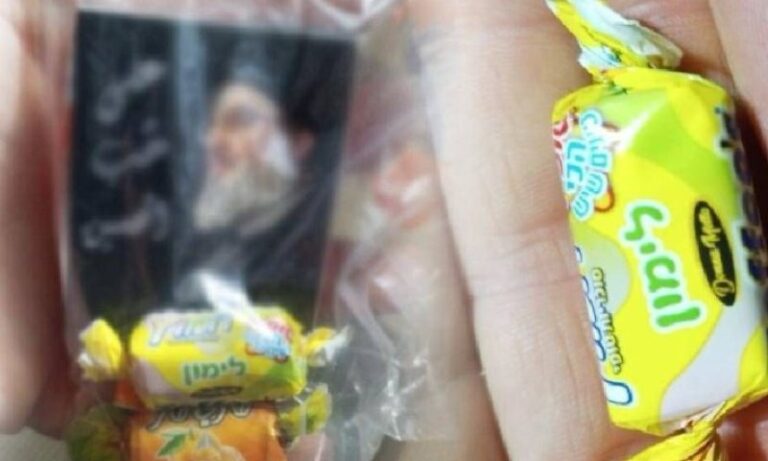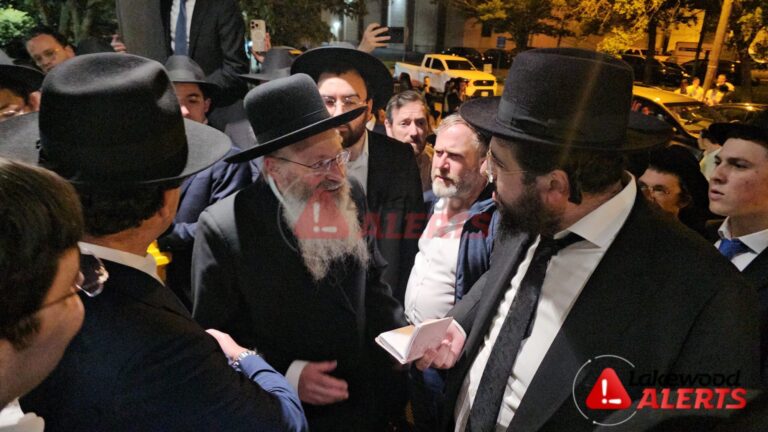 By Rabbi Yair Hoffman for the Five Towns Jewish Times
By Rabbi Yair Hoffman for the Five Towns Jewish Times
Recently, in their Halacha Yomis Column, the OU responded to a question about whether their products all Yoshon. Respectfully, their response was very unclear, and this author believes, does not actually represent OU policy. The first two sentences, I believe, are in error, and do not reflect Rav Yisroel Belsky zt”l’s view on chodosh. I know this because I had several conversations with Rav Belsky zt”l on the issue. And while it is possible that the OU may not be following Rav Belsky zt”l’s opinion, it is unlikely that they are doing so in a column dedicated to the memory of Rav Belsky.
Before we reprint the column, a brief introduction:
The Torah in Vayikrah 23:9-14 forbids the eating of grains that are chodosh – new. What is considered new grain? Any of the five grains (wheat, barley, rye, oats and spelt) that were planted or took root after the 16th day of Nissan are considered Chodosh – and may not be consumed until after the second day of Pesach. Any grain that was planted and took root before the 16th of Nissan is considered yoshon and would be permitted.
Originally, however, the grain of the year was forbidden to be consumed until the Omer offering was brought in the Bais HaMikdash on the 16th of Nissan. However, after the destruction of the Bais HaMikdash, it was determined that the end of the day of the 16th itself can permit the grains – when the offering cannot be brought. Outside of Israel, one must wait until the end of the 17th of Nissan.
And now the column.
“Q. Are all OU products Yoshon?
A. The OU certifies both chodosh and yoshon products. This is in accordance with the prevailing custom of Ashkenazi Jews that the prohibition of yoshon does not apply to non-Jewish farmers in lands far from Israel. If one wishes to be stringent, then one should only purchase items that are labeled yoshon. If it is unknown if the previous flour was chodosh or yoshon, Magen Avrohom writes that it is sufficient to clean the equipment and wait 24 hours. The OU requires kashering for yoshon products only if it is known with certainty that the previous production was chodosh.”
The Mishna in Orla (3:9) clearly states that Chodosh grain is forbidden even outside of Eretz Yisroel. This is also the conclusion of the Shulchan Aruch YD 293:2.
The basis of the leniency is not that the prohibition of yoshon does not apply outside of Israel to non-Jewish farmers. Rather, the basis is that we are lenient because we are not sure that it is chodosh. The Ramah in Yoreh De’ah states this explicitly – that it is permitted because we have a sfek sfaikah – a double doubt as to whether it is chodosh – new grain. The Mishna Brurah 489 “v’af” in the Biur Halacha (on sk 45) also indicates that this is the leniency. True, the Bach writes that there is no prohibition outside of Israel if it is gentile produce, but the overwhelming majority of Poskim reject the Bach.
Also, it is this author’s view that the OU does not knowingly certify chodosh. Rather, it probably only certifies grains where it is not known whether or not it is chodosh – relying on the Ramah’s leniency. It was subsequently pointed out to me that some question the Remah’s leniency in modern times on account of the existence of Rabbi herman’s list, but at the time I had spoken to Rav Belsky about the issue, Rabbi Herman’s list was available as well. There is the possibility that Rabbi Belsky zt”l changed his mind.
The author can be reached at [email protected]











5 Responses
The issue of chodoch outside of E Israel is subject to an intense debate amongst the Rishonim, which, surprisingly, the author does not mention. I believe the Aruch Hashulchan cites a litany of Rishonim that maintain there is no chodosh prohibition outside of E Israel, which surely factors into the lenient position.
not true, there is one rishon (Or Zarua) who says that but the major rishonim, The Rif, Rambam and Rosh all say its assur.
This author should do his homework better.
“Rather, the basis is that we are lenient because we are not sure that it is chodosh.” That is simply not true anymore. The OU does know when many of the companies begin using the new wheat. By a certain point in time, there is no safek anymore.
במחילות כבוד הרב האפמאן שליטא
As one in the industry, it seems that the proper ‘ tu’ing duch ‘ the sugya with OU rabbonim was unfortunately NOT done prior to writing this column.
Either that or it wasn’t explained correctly.
I think it’s a little of both.
The OU (and most American heksherim) are not makpid on yoshon since they rely upon the Aruch HaShulchan’s/Bach heter (although the Bach reversed himself later in life). My rav hold that all Sepahrdim and a ben Eretz Yisrael are chiyuv in yoshon as a deriosa regardless of where/when the grain is from. He says that there is some leniency for an Ashkenazic ben chul.